Featured Resource
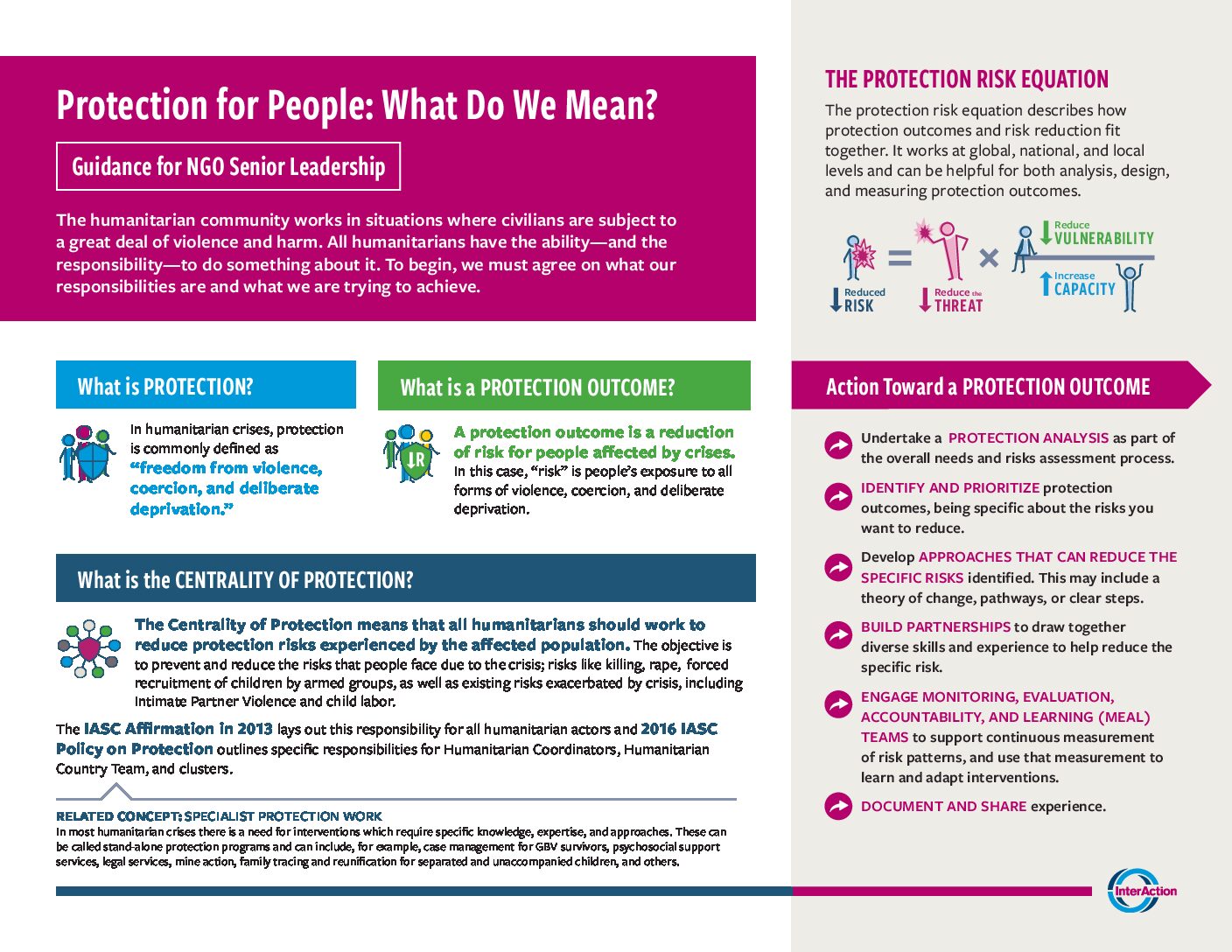 Protection for People: What Do We Mean? Guidance for Senior Leadership
Protection for People: What Do We Mean? Guidance for Senior Leadership

InterAction has published and collected resources including tools, reports, project evaluations, blogposts, and others from Members and partners that promote results-based approaches to protection since 2012; all of which can be found in this resource library. To explore practical case examples of RBP in practice, visit the case example page. Background photo By: Simon Moricz Sabjan is licensed under the CC BY-NC 4.0 license.
This report from the Center for Civilians in Conflict explores the perspectives and experiences of civilians in conflict-affected countries. The report consists of an analytical overview and four case studies in Bosnia, Libya, Gaza, and Somalia.
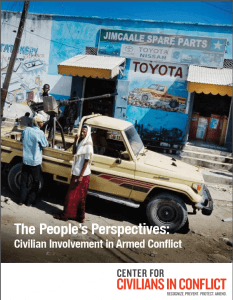
Through interviews with community leaders and NGO workers across Colombia, this study aimed to unpack how and why many displaced individuals collaborate with armed groups and criminal organizations.
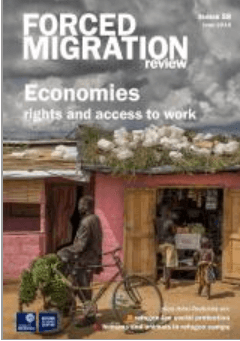
This article promotes practitioners’ evaluative thinking to foster more complexity‐aware monitoring and evaluation for learning and adaptive management in complex and dynamic settings.
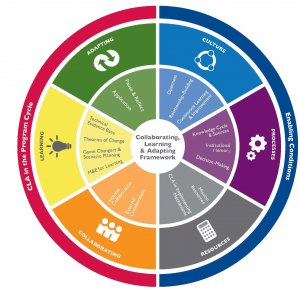
This article, published in BMC Conflict and Health reports on a secondary analysis of archived data collected as part of formative qualitative work – using a group participatory ranking methodology (PRM) – informing research on the prevalence of GBV amongst internally displaced people (IDPs) in four camps in northern Uganda in 2006.
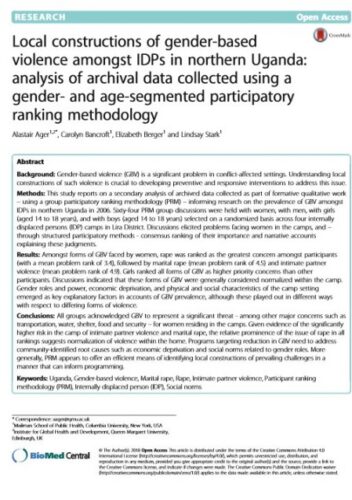
This article responds to the growing appreciation of collaboration in terms of achieving organizational “success”, and for results-based protection – achieving protection outcomes.

This introduction to the second Special Issue on Children and Armed Conflict in the Journal of Peace Psychology aims to outline a collective vision of the mental health, psychosocial, and peacebuilding interventions needed to support war-affected children by developing a framework consisting of three central pillars: comprehensiveness, sustainability, and “do no harm”.
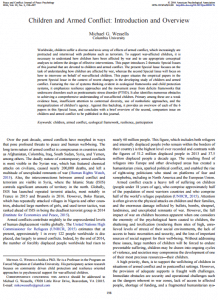
In this issue of FMR, authors from around the world – including authors who are themselves displaced – explore the capacity of communities to organize themselves before, during, and after displacement in ways that help protect the community.
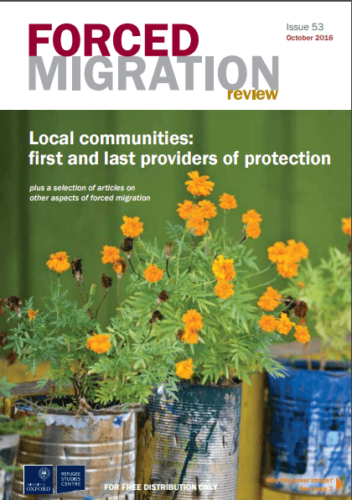
This article examines an alternative approach of community-driven, bottom-up work that enables
nonformal–formal collaboration and alignment, greater use of formal services, internally driven social change, and high levels of community ownership.
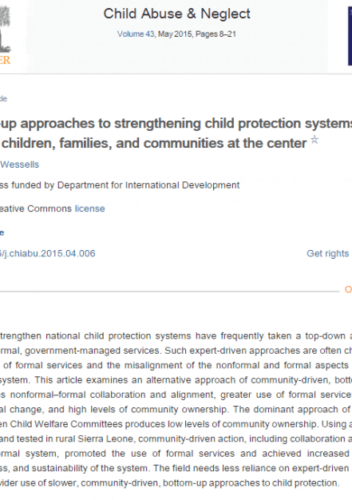
The ICRC is leading an initiative to enhance informal exchanges and peer coaching among humanitarian professionals engaged in negotiations and mediations in situations of armed conflict and other situations of violence.
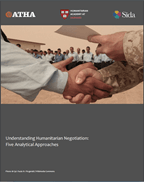
While much focus is being placed on international laws, policies, and standards of data protection and data security, policy alone is not enough. This training pack recognizes the need to practice responsible data management (RDM), and in many cases, change our organizational culture, individual attitudes, and behavior as to how we handle data.

"*" indicates required fields